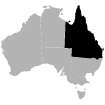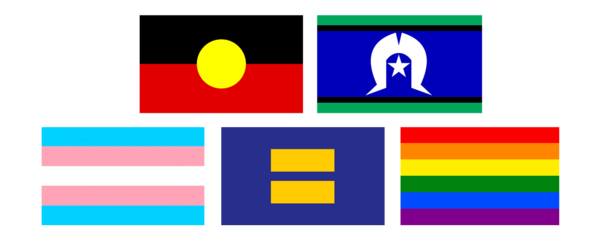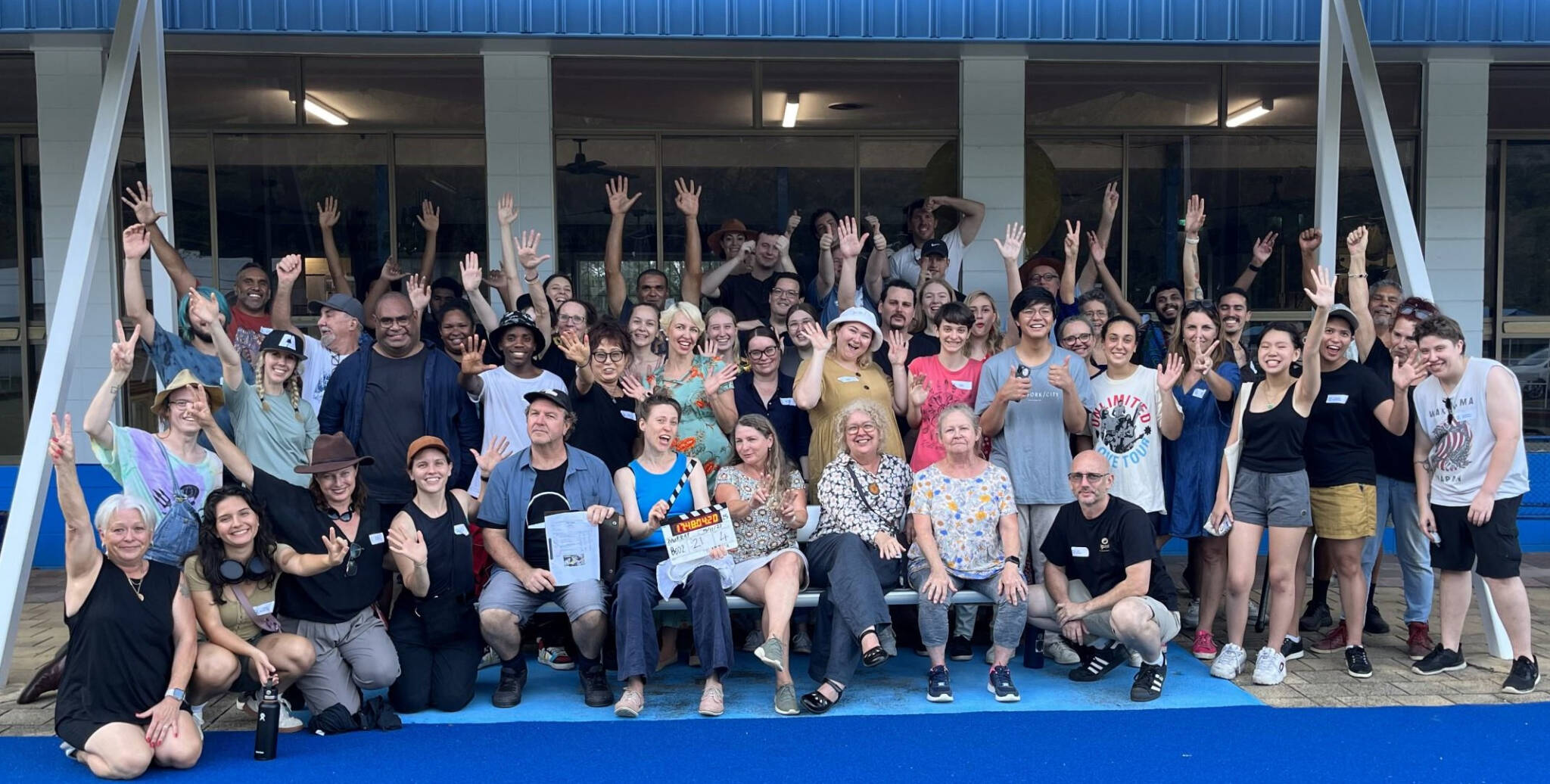
In 2023, Screen Queensland launched the Film Intensive Script to Screen (FISS) program in Cairns, providing training and mentorship to new and emerging crew and creatives. The pilot program supported 36 participants to gain hands-on, set-ready experience across a range of roles and departments (including camera, costume, lighting, production and locations), working with local industry experts on the creation and production of three shorts films.
With applications now open for FISS to return to Cairns and expand to Brisbane in 2025, we caught up with inaugural participants—Hannah and George—to reflect on their experience and share some advice for prospective applicants.
What motivated you to apply for the FISS program?
Hannah: With a background in theatre and comedy, I began storytelling by creating and producing my own stage and comedy shows, which I’ve toured across Australia. I was motivated to apply for the FISS program because of my interest in screenwriting, and FISS offers the perfect opportunity to get familiar with the film industry while gaining essential skills in a supportive environment. I also wanted to meet like-minded individuals and develop a network of peers in Cairns for future collaborations!
George: I come from a visual arts and journalism background and in 2010, when digital technology had made filmmaking affordable and accessible, I started Cranky Curlew Productions—making low or no-budget shorts, docos and stop motion animation with a North Queensland flavour. When I heard about FISS, it was a no-brainer. I’d been attending as many Screen Queensland training seminars as I could in Townsville. They were excellent and FISS drew so many of these elements together into an opportunity to make films from scratch, alongside people from all over the north all with the support of top industry mentors.
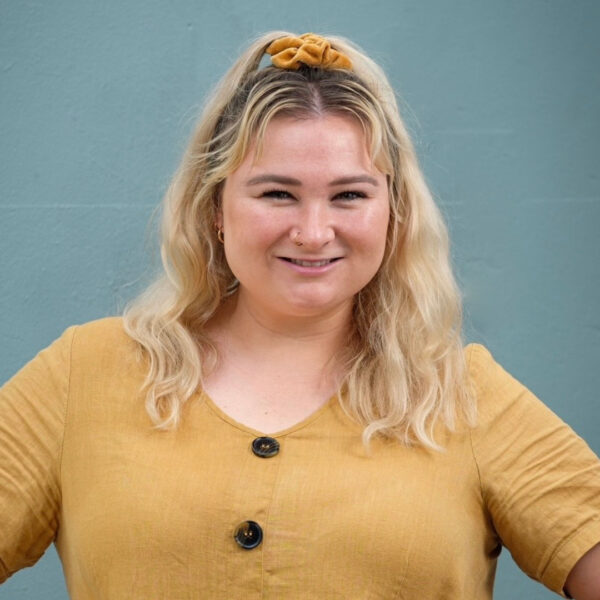
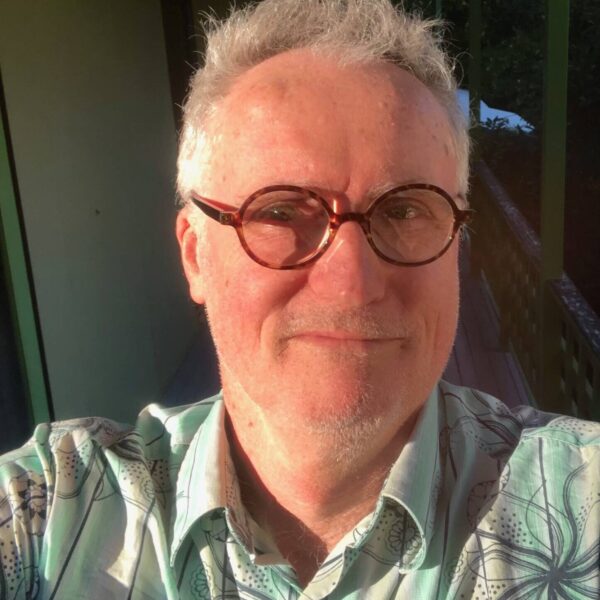
What areas of the production did you work on, and what skills and experience did you gain?
Hannah: I was in the writers group and it was an amazing group of storytellers who were lucky enough to learn from some incredible mentors. I learnt all about developing compelling screen stories, focusing on the emotional impact while crafting interesting and ‘real’ characters. I also learnt about working with other writers and how to work with producers, directors and heads of department when it comes to pitching your script and developing the screenplay. I also volunteered in the art department during production and got to see in real-time how decisions are made and how all the departments work together on set.
George: I came in as part of the writers group with mentors Jan Cattoni and Sue Mcpherson. About eight of us were split into two groups and with two and a half hours were each given a brief to script a short. We didn’t know each other and simply started. It was nerve-wracking but fun and by lunchtime we had something that was printed and handed to local actors ready to learn their lines. By the afternoon they were being filmed with teams of FISS participants working under the supervision of the mentors. As writers we were also given a chance to handle other roles. I worked with sound guru Terry Mehan setting up a practice shoot and helping to record practice exercises. We conducted intensive writing sessions where observation, self-examination, and even haikus refined our skills. This process led to the creation of pitch decks for the shorts we would produce with a full crew for FISS.
What impact did the mentorship from local industry professionals have on your FISS experience?
Hannah: The mentors were incredibly generous with their time, resources and knowledge, and from a writer’s perspective, it impacted the type of stories I want to write and how to work with feedback! The mentors were always on hand to answer questions and they treated the shoot professionally. We were treated as peers within the context of it being a student learning experience.
George: The mentors were exceptional. They not only knew their stuff but were great at communicating it. I was really amazed at the vibe. Everyone, including all the necessary expert technicians and creatives, were lovely, friendly people. It made such a difference to know we could ask a rookie question and it was okay. For me, having learnt mostly online and making little films with friends and family, the discipline of creating a pitch deck with mood boards and beat sheets and then pitching to the mentors was a great lesson in organisation. It was a pivotal moment where the process of actually making a film truly begins.
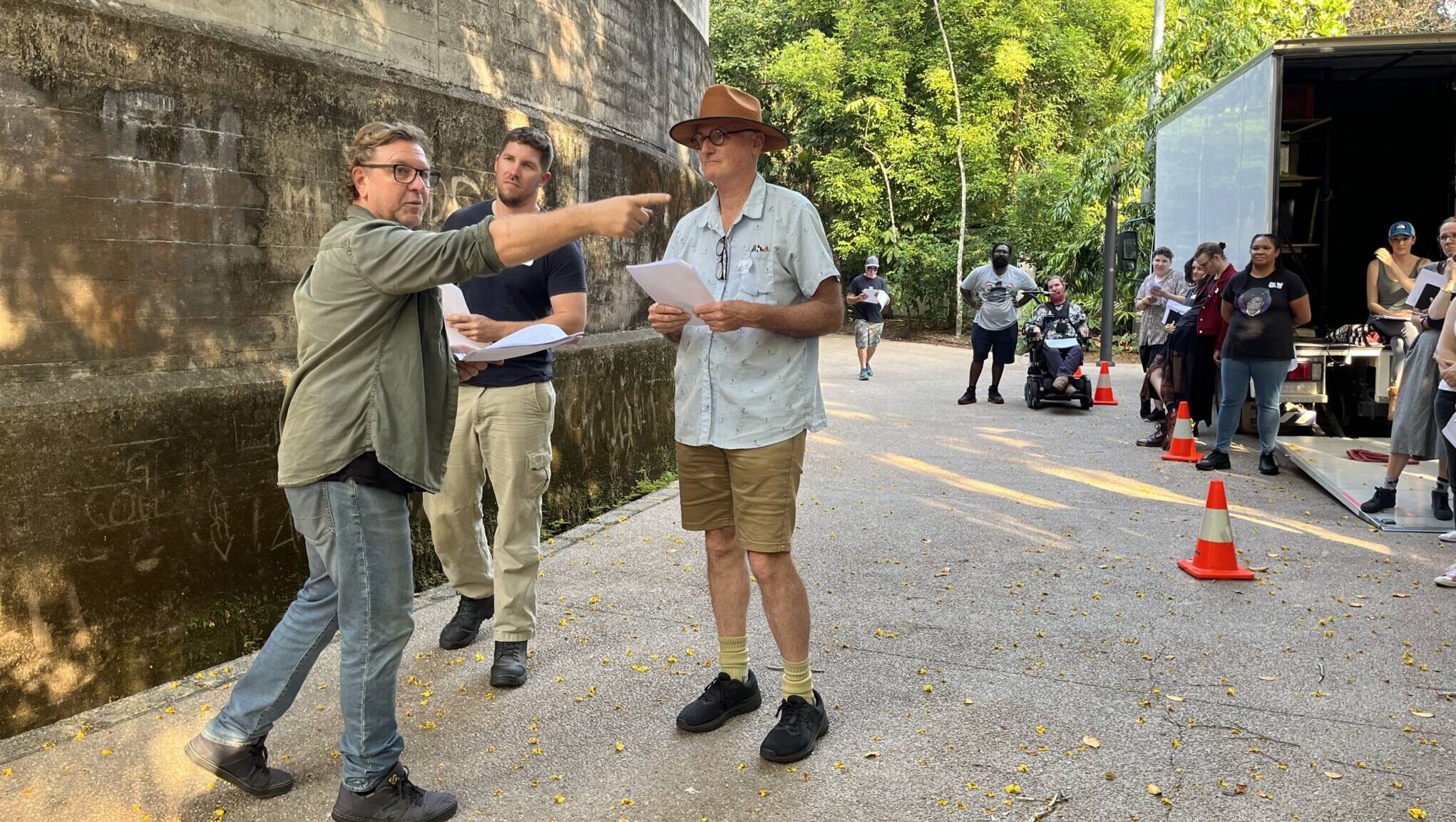
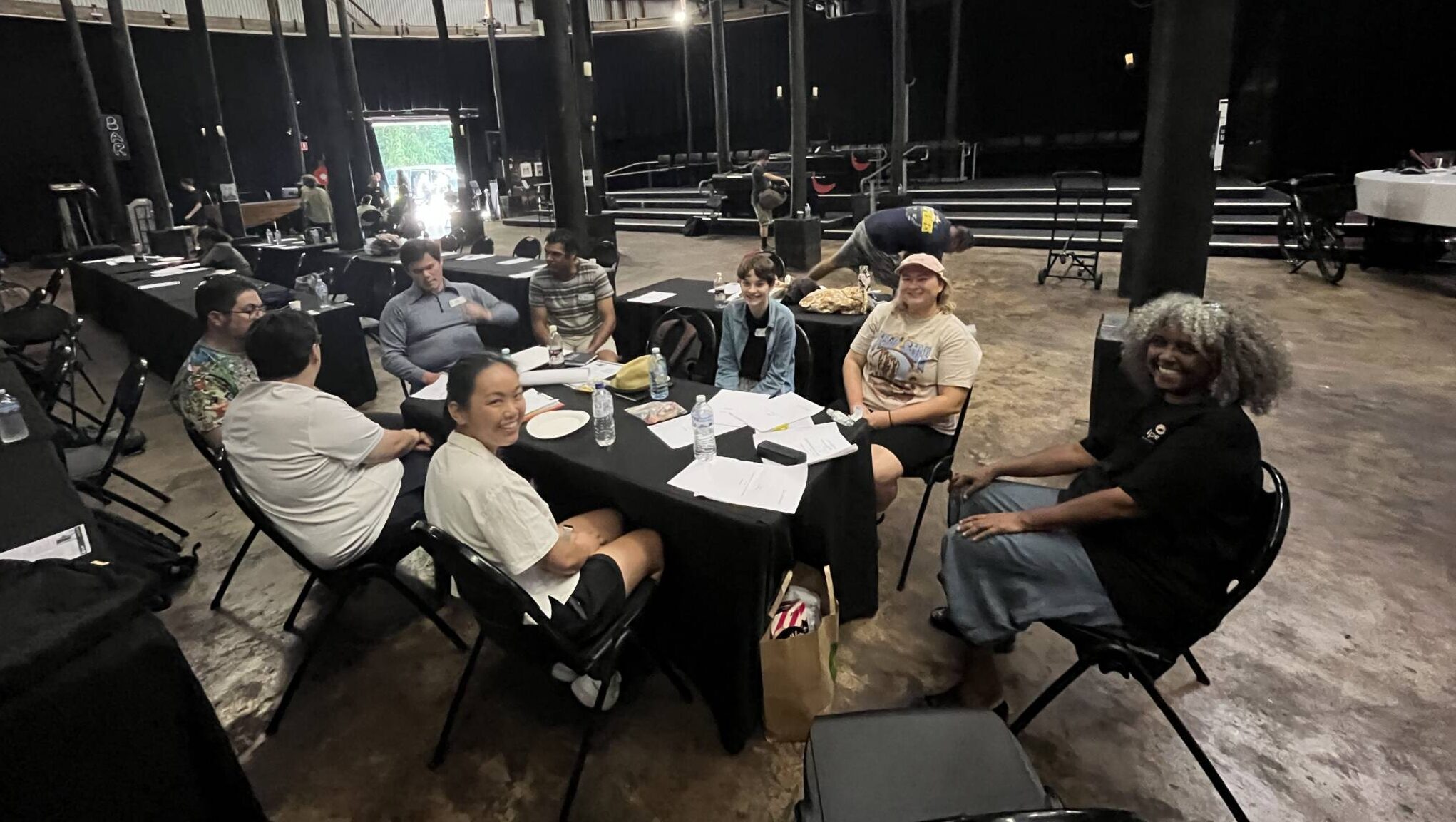
How will you apply the skills and experience you gained from the FISS program to your future career in the screen industry?
Hannah: It has given me a much better understanding of the moving parts of a film shoot and will help me with future projects and funding applications too! I now know what crew I’d need for a low-budget project and things like production schedules and budgets no longer seem like such a daunting prospect. I have already made some great connections from FISS and we are currently working on some new projects which has been exciting.
George: FISS is like speed-dating in a room full of very attractive skill sets. You want to know more about everything and you just go as best you can. As somebody who has made films where my partner and I do mostly everything, FISS has given me the knowledge to carry forward the physical, technical and creative necessities of a set. I’ve met lots of wonderful people from all age groups. Down the track, there are many people I would want to work with and I feel there are great opportunities for collaborating. We have a few short film and series ideas on our slate. Getting them made will now be possible with the knowledge and experience boost from FISS and the wonderful network it automatically generated.
What advice would you give anyone thinking of applying to the FISS program?
Hannah: I would say, commit yourself to show up 100% and be open to all learning opportunities that present themselves. I’m so happy I put my hand up to assist with the Art Department on the shoot as I learnt so much from that week of shooting that you aren’t usually privy to in a writers room. Don’t be afraid to ask questions—the mentors are very patient and willing to dish out all the knowledge and skills they have acquired after working for decades in this industry. The program gives you a crash course into the film industry, so by the end you’ll know whether you love it or not. The great thing with FISS is it makes you employable from the moment you finish!
George: FISS is a unique and very special program. I’d encourage any emerging filmmaker to apply. I met one graduate in film who says she learnt more through FISS than her whole three years of uni. It was that kind of experience.
Screen Queensland’s Film Intensive Script to Screen program is funded through the Queensland Government’s Workforce Connect Fund and is delivered in partnership with Essential Screen Skills, Kolperi Outback Filmmaking and Screen Well.
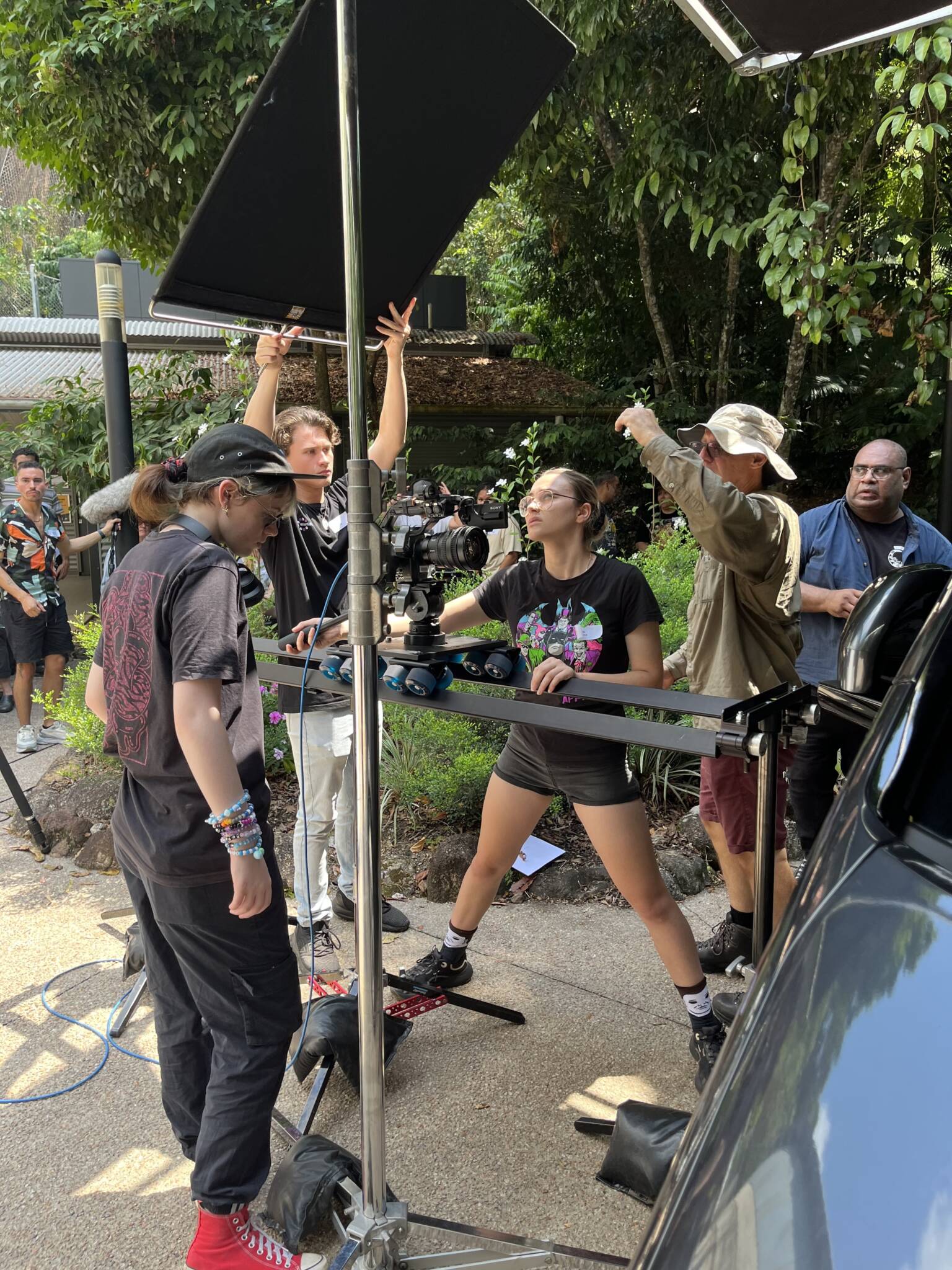
Apply for the Film Intensive Script to Screen (FISS) program in 2025



